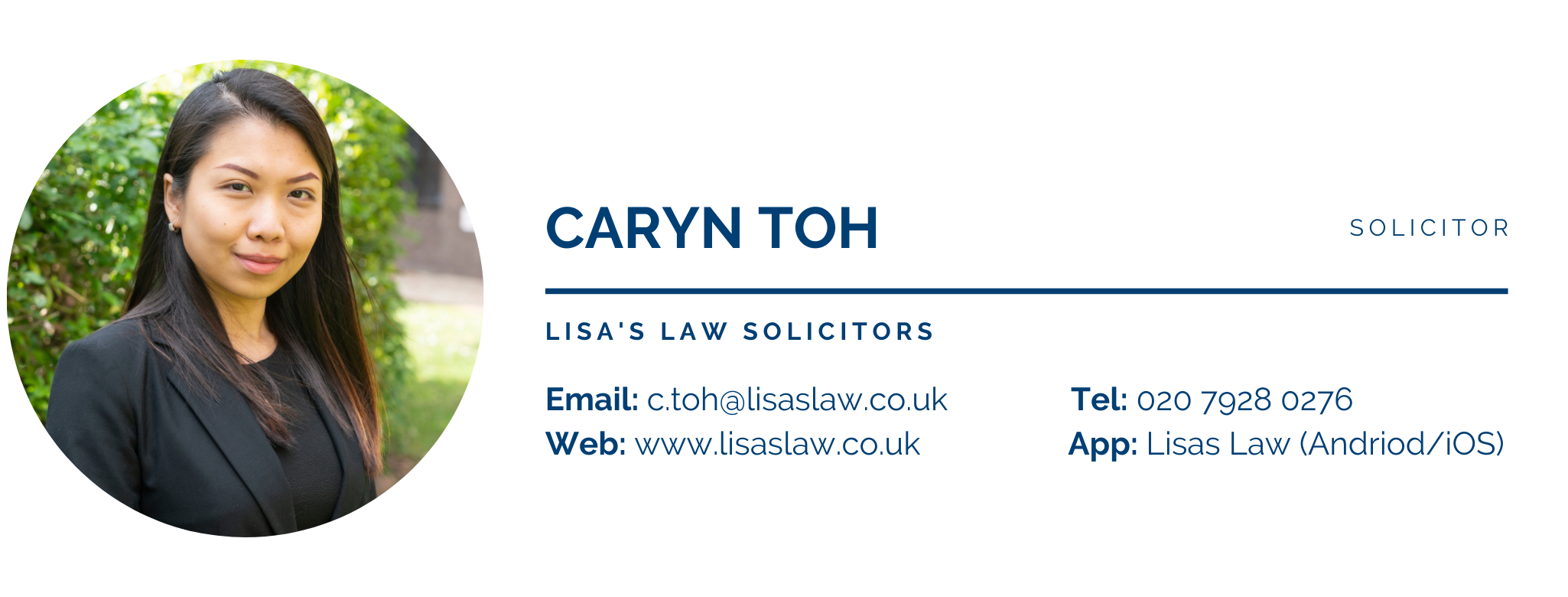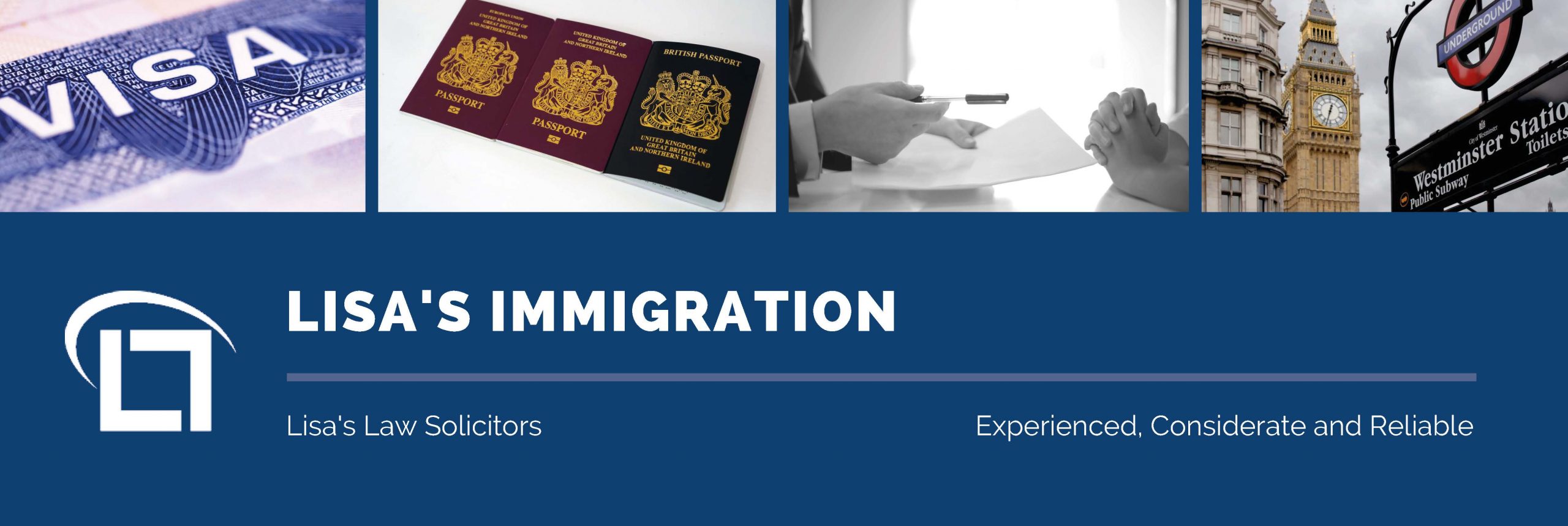The Court of Appeal raised the issues of the gaps in 10 years continuous lawful residence applications in the case of Hoque & Ors v SSHD [2020] EWCA Civ 1357 on 23rd October 2020. It considered whether unlawful residence which was followed by grant of lawful residence (“book-ended gap” as it was called in the case) should be treated differently from that which was not (“open-ended gap”).
Before looking into the aforementioned recent case law, let’s look into the definition:
What is continuous Lawful Residence?
“Lawful residence” is defined under Paragraph 276A(b) of the Immigration rules as follows:
- existing leave to enter or remain; or
- (temporary admission within section 11 of the 1971 Act (as previously in force), or immigration bail within section 11 of the 1971 Act, where leave to enter or remain is subsequently granted; or
- an exemption from immigration control, including where an exemption ceases to apply if it is immediately followed by a grant of leave to enter or remain.
ILR will be available for those who have satisfied ten years continuous lawful residence in the UK and satisfied other requirements listed under Paragraph 276B of the Immigration Rules.
Backgrounds and Issues
There are five applications for permissions to appeal (two of them are in the same case) and the court granted permission to appeal on three of the applications, which in turn raised two issues.
The four appellants from separate cases had all come to the UK with leave to enter as students and were subsequently granted successive further limited periods of leave to remain. Three of the appellants claimed to be entitled to ILR on the basis of long residence.
Their applications for further leave to remain were refused, as were their appeals against the refusals, at which point they became overstayers in the UK. However, the three appellants subsequently made further applications for leave to remain within the time periods prescribed by para 39E of the UK’s Immigration Rules, with the headings of ‘Exceptions for overstayers’.
The three appellants later varied their applications that were pending to ILR applications based on their upcoming ten years of residence in the UK. An applicant that has a pending application for leave to remain on one basis is allowed to make a further application on a different basis, which is treated as a variation of the original application: see JH (Zimbabwe) v Secretary of State for the Home Department [2009] EWCA Civ 78.
The applications were pending until they have reached the 10th year of their stay in the UK. However, the applications were refused by the Respondent on the basis that they had not been in the UK for 10 years continuous lawful residence as per 276B(i)(a) of the Rules.
The appellants argued that the requirement in para 276B(i)(a) was qualified by para 276B(v) of the Immigration Rules, which provided that ILR applicants must not have been in the UK in breach of immigration rules, but provided an exception that ‘any current period of overstaying’ would be disregarded if para 39E of the Rules applied, and the appellants argues that they fell within the scope of that exception.
It was claimed that the their period of overstaying should be disregarded and have therefore accumulated 10 years “continuous lawful residence. Additionally, the appellants also contended that the refusal of the ILR applications was in breach of their Article 8 of the European Convention on Human Rights (“ECHR”).
Decisions
None of the appellants met the requirements pursuant to para 276B for the grant of ILR and the appeal would be dismissed. Lastly, little weight should be given to a private life established by a person at a time when the person’s immigration status is ‘precarious’ in accordance to the public interest considerations applicable in all cases under s117B(5) of the Nationality, Immigration and Asylum Act 2002. It is concluded that the appellants are unlikely to be granted leave to remain when the requirements are not met, but had instead relied on art 8 ECHR. [see 53 – 58 of the judgment].
In short, the Court of Appeal found that the requirement for ILR applicants to have 10 years’ continuous lawful residence in the UK was not qualified by a subsequent requirement in the UK’s Immigration Rules that ‘any current period of overstaying’ would be disregarded in certain circumstances.
The Court of Appeal has ruled that the any period of overstaying and the grace period of 14 days provided under Paragraph 39E of the Immigration Rules headed “Exception for overstayers” will not be applicable or counted as lawful if the Applicant has not accumulated at least 10 years lawful residence for the purpose of paragraph 276B(i)(a) of the Immigration Rule at the time of their ILR application under Paragraph 276B of the Immigration Rules.
Thoughts
What is interesting is however there are some instances where any overstaying permitted (Book-ended gaps) under Para 39E will be treated as lawful residence if it falls between previous period of lawful residence. This can be referred to in para 50 of the judgement.
It is worth mentioning however that the Court of Appeal “do not regard it as unreasonable or disproportionate for the Secretary of State to treat book-ended and open-ended overstaying differently”. The case of open-ended overstaying is not permitted under Para 39 E because there will have been no grant of leave on the original application.
In conclusion, the Court of Appeal has confirmed that the appellants that have open-ended gaps are not to rely on the provision under Paragraph 39E to extend the lawful residence in order to meet the 10 years continuous lawful residence criteria.
Have questions? We are here for you!
In the meantime, we are operating as usual, and you can reach us on 020 7928 0276 or email in to info@lisaslaw.co.uk for any questions you may have on this topic.
Or, why not download our free app today? You can launch a new enquiry, scan over documents and much more.
If you have an iPhone, follow this link to download.
If you use an Android phone, follow this link to download.
Find the link here if you need some further instructions on how to use our new app!







Heya just wanted to give you a quick heads up and let
you know a few of the pictures aren’t loading correctly.
I’m not sure why but I think its a linking issue. I’ve tried it in two
different web browsers and both show the same results.
It’s a pity you don’t have a donate button! I’d certainly donate to this excellent blog!
I guess for now i’ll settle for book-marking and adding your RSS feed to my Google account.
I look forward to brand new updates and will share this website with my Facebook group.
Talk soon!
It’s actually very difficult in this busy life to listen news on Television, so
I only use web for that purpose, and take the most up-to-date information.